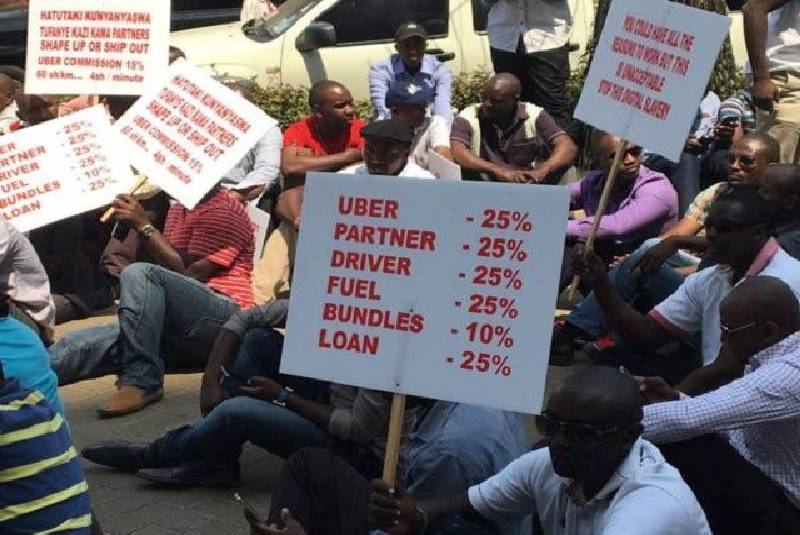×
The Standard e-Paper
Smart Minds Choose Us

In July 2, taxi hailing app services paralyzed Nairobi following a go slow by drivers protesting low commission.
The drivers who use e-hailing apps claimed that they spent a lot of time on the road but they did not get better compensation from the service providers.